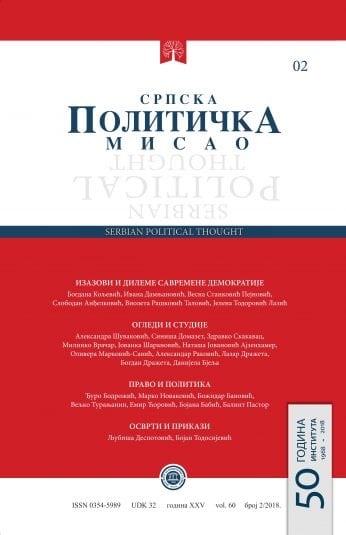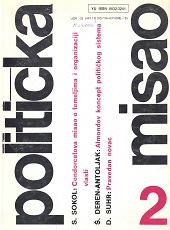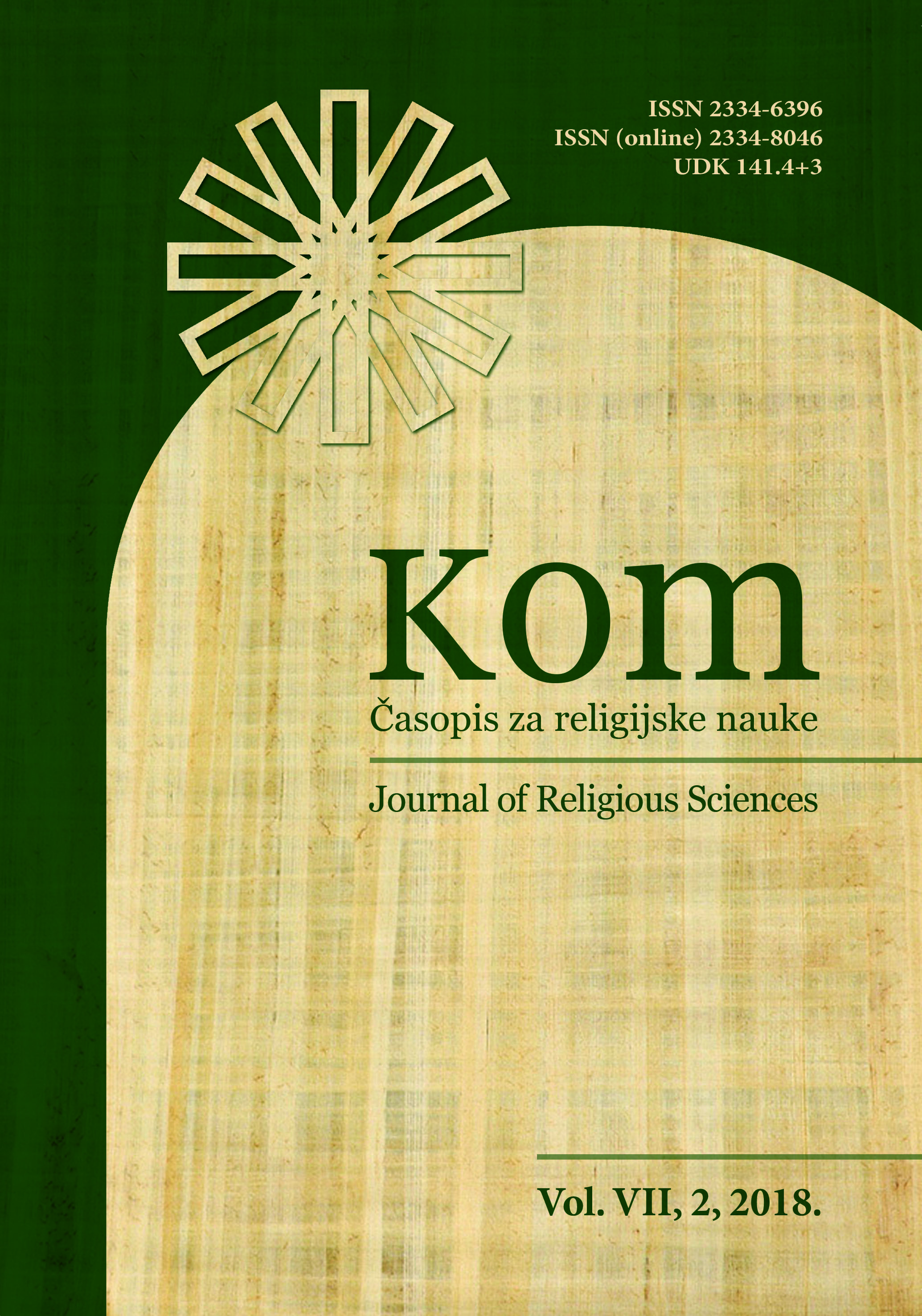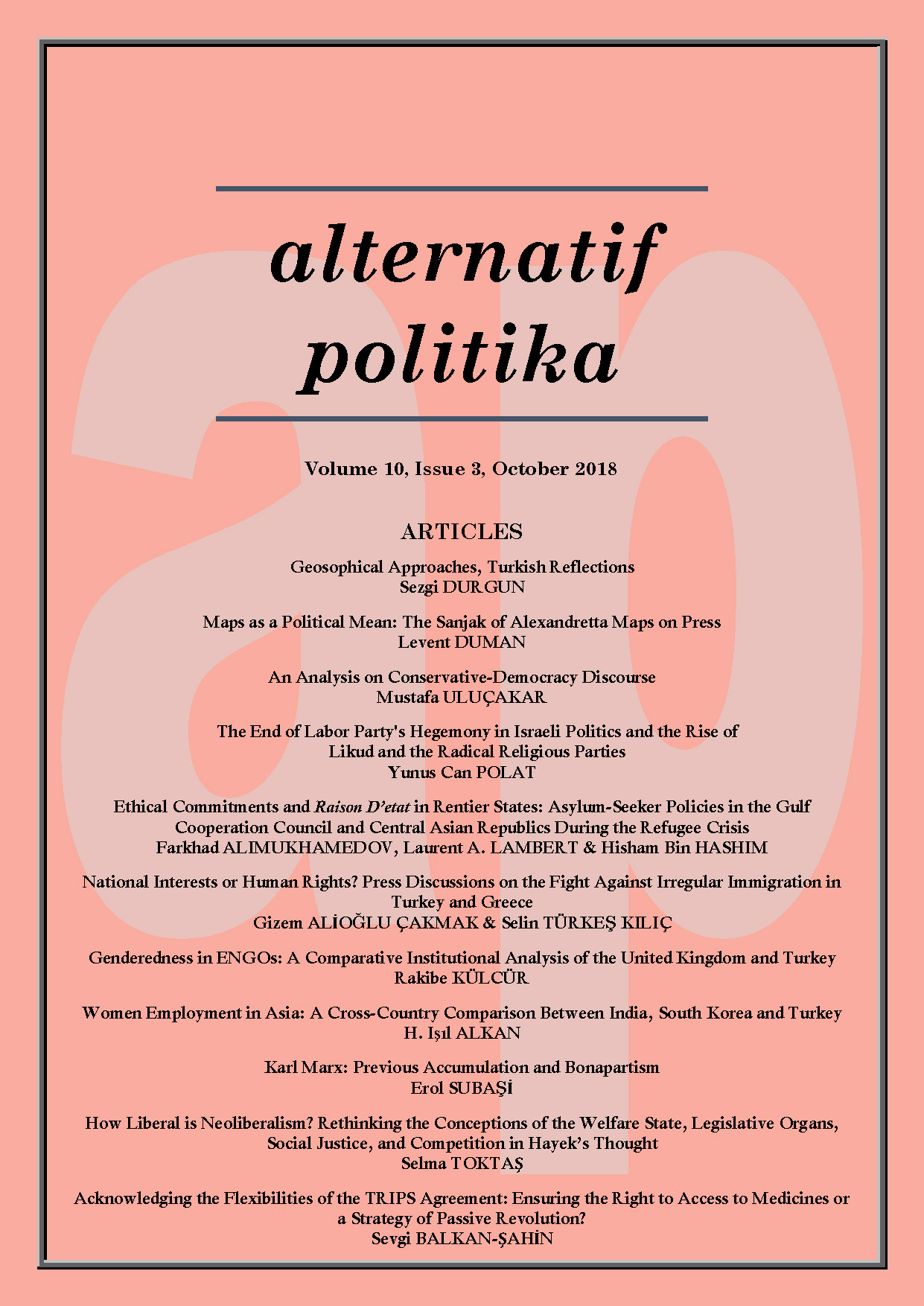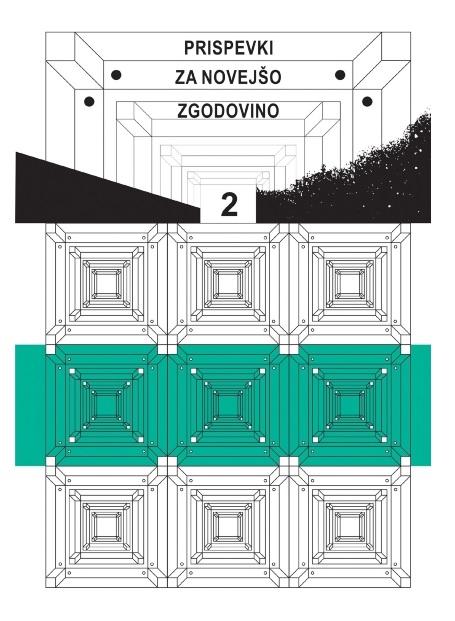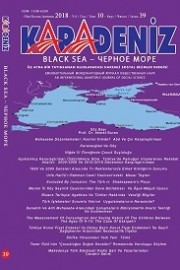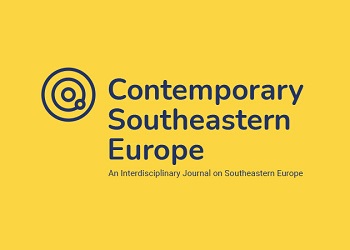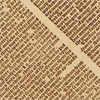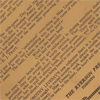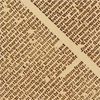Author(s): Dragan Simeunović / Language(s): Serbian
Issue: 3/2018
This paper is about borders and about the culture of those who live by the border. Lead by the goal to determine, as precisely as possible, the space of their security and complete freedom, all living beings try to limit their world, and it has multiple consequences. One of them is the crea tion of various, both visible and invisible, borders. Every life, as well as existence and life in general, is marked by at least two borders: birth and death. All human borders are relative and transient, except for death as the border of life, and that is why we perceive it not as something human, but as something absolutely anti-human. Apart from the drive to possess a territory, togetherness also re quires borders. A border in the name of the collective, or a community, is always founded on some difference between that and other commu nities. That difference is always proclaimed to be important, if not the most important, although it can be entirely symbolic in its nature. As a rule, borders are seen as something dangerous, unpleasant and unsafe, so everyone tries to cross them as quickly as possible. One stays at the border only if he has to, and only while he has to. Space at the border is the space where a crisis is always expected, and that makes it not only the space of bigger or lesser, but also of perpetual virtual crisis. Therefore, there is not much investment in the border and border areas, so the border spaces are frequently poorer than they should be.
24 The border is not just a narrow imagined line, as jurists and pol iticians tend to present it. It is also an elastically defined space around a formally permanent, but actually very swiveling line. This movability of the border is its very important and permanent feature, which is usu ally not recognized by those who established the border, and empha sized by those who want to remake it. The whole is protected at the border. More precisely, the whole would not exist without the border. The border extends to the point where someone’s power of possession is indisputable. No one, on either side of the border, is too small or hopelessly weak, because if they were, there would be no border. The border is established between the dissimilar. It is not only the end, but also a beginning, more precisely, it is the end of one’s world and the beginning of someone else’s. Although we tend to favor everything that is ours, and to, in the name of our own safety and other benefits see the end of our own space as the end of everything safe and good, the border is not the place where something ends, but where something begins, and that something can be good as well. Therefore the border is the point of encounter, as much as of conflict.
More...




